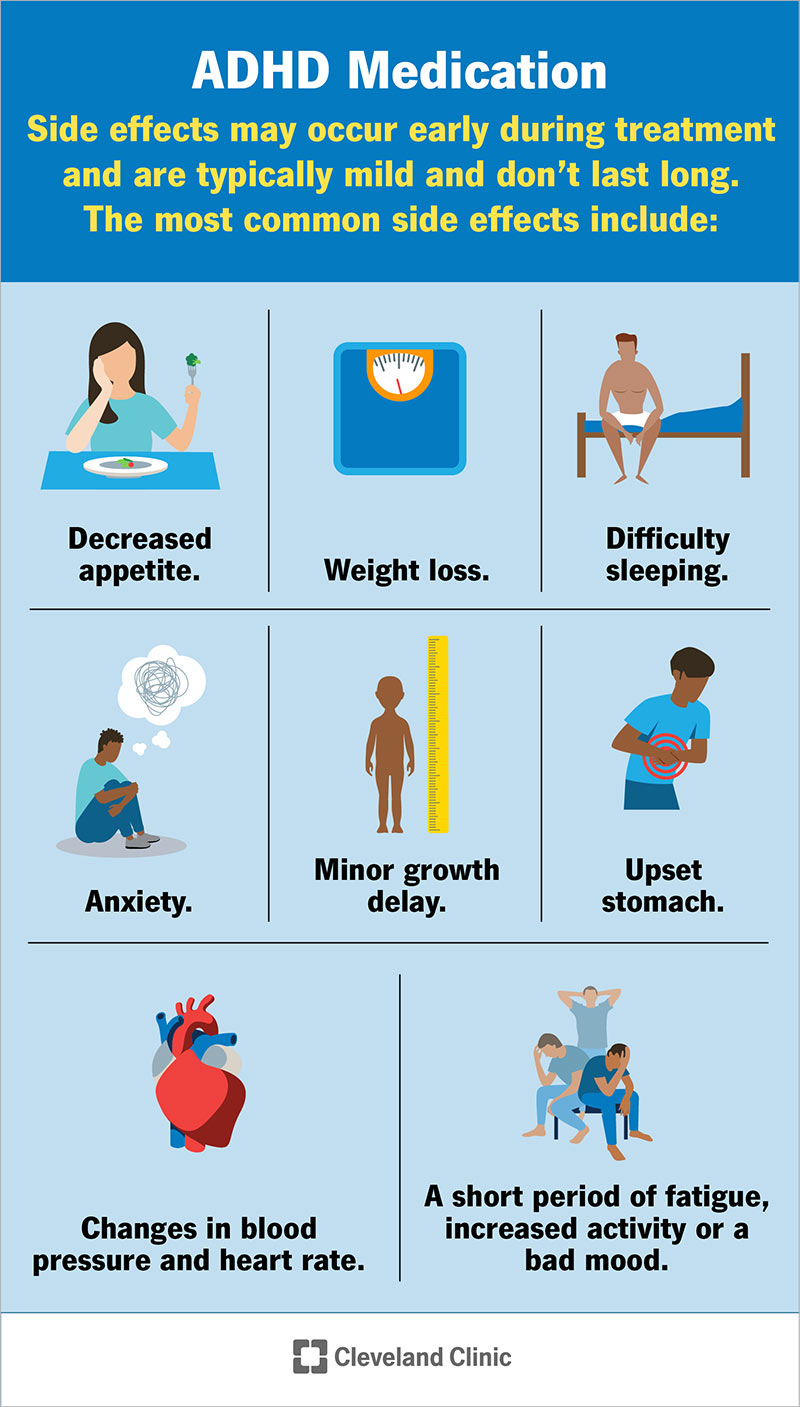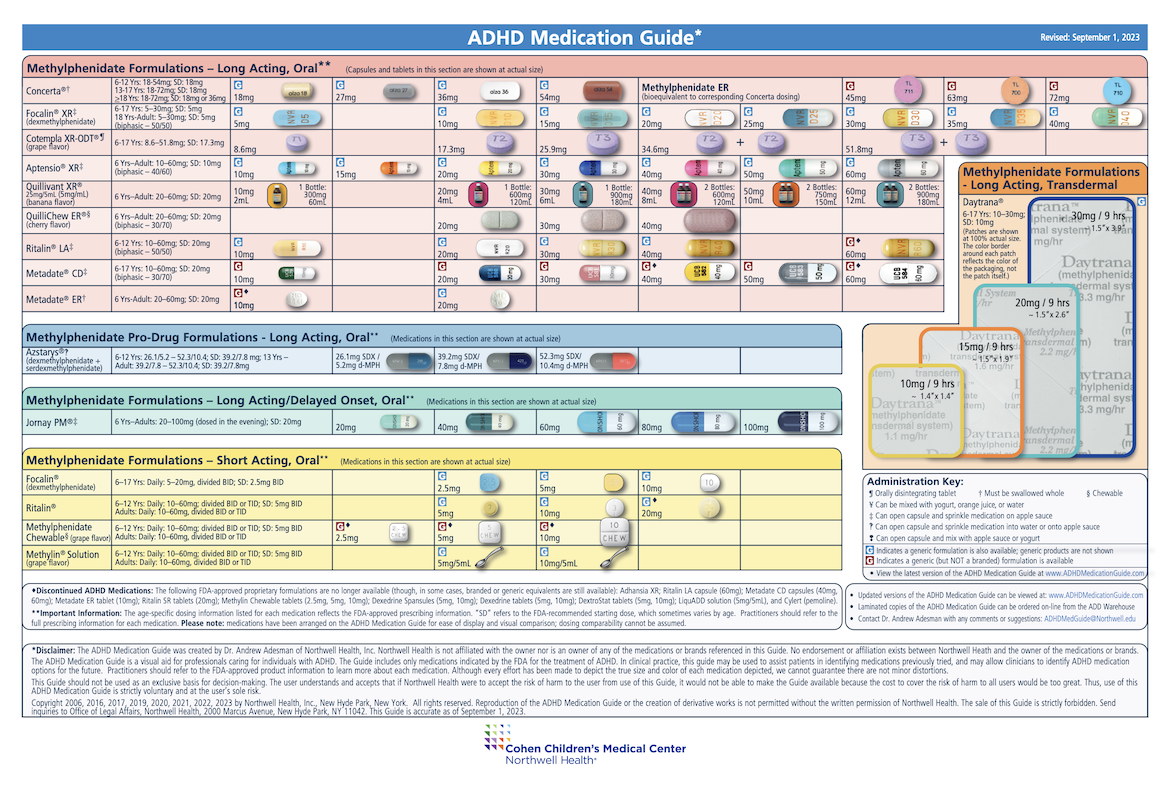Comprehensive Depression Treatment for Balanced Mental Health
Comprehensive Depression Treatment for Balanced Mental Health
Blog Article
Your Overview to Discovering the Right ADHD Treatment for Long-term Results
Browsing the intricacies of ADHD treatment needs a nuanced understanding of both the problem and the myriad options readily available for effective administration. It is vital to identify that what help one person may not necessarily produce the same results for an additional. Thus, a customized technique-- integrating specialist guidance, medicine, behavioral methods, and way of living adjustments-- ends up being vital. Nonetheless, the trip toward identifying the most appropriate treatment strategy can be stuffed with challenges. What are the key aspects that influence effective results, and how can people guarantee they get on the appropriate course?
Recognizing ADHD and Its Effect

In adults, ADHD can lead to obstacles in work environment environments, influencing efficiency, time management, and social connections. Frequently, undiagnosed or poorly handled ADHD can contribute to co-occurring psychological health problems, such as anxiety and depression, further making complex an individual's overall well-being.
The societal understanding of ADHD can differ, leading to stigma and misunderstanding, which may hinder individuals from looking for aid. As understanding grows, it is vital to cultivate a setting that promotes understanding and assistance for those influenced by ADHD, emphasizing the need for accurate medical diagnosis and tailored techniques to minimize its influence on day-to-day life.
Overview of Therapy Alternatives
A thorough approach to dealing with ADHD includes a variety of alternatives tailored to the individual's distinct requirements. These alternatives can broadly be categorized right into behavior treatments, psychoeducation, and lifestyle adjustments, alongside pharmacological therapies that might be discovered later on.
Behavioral treatments, such as cognitive-behavioral treatment (CBT), concentrate on modifying certain actions and creating coping techniques to handle signs and symptoms effectively. Psychoeducation plays a vital duty in encouraging both people and their family members by offering details about ADHD, its obstacles, and reliable strategies for support.
Lifestyle modifications can considerably affect ADHD administration. Routine physical task, a balanced diet plan, and appropriate sleep contribute to general wellness and sign control. Mindfulness practices and relaxation techniques can also enhance emphasis and lower impulsivity.
Assistance teams and household treatment can promote a sense of community and understanding, helping people really feel most common antidepressants much less isolated in their experiences. Each treatment alternative need to be taken into consideration in combination with the individual's choices and scenarios, making sure an alternative method that promotes lasting success. Eventually, the goal is to develop a tailored treatment plan that resolves the certain difficulties related to ADHD while boosting general lifestyle.
Medication: Benefits And Drawbacks
Medicine plays a pivotal duty in the treatment of ADHD, with numerous choices readily available that can dramatically ease signs for many people. Stimulants, such as methylphenidate and amphetamines, are frequently prescribed and have actually shown performance in improving emphasis, decreasing impulsivity, and boosting total behavior. These drugs function by enhancing dopamine and norepinephrine degrees in the brain, which are usually dysregulated in those with ADHD.
Nevertheless, making use of medicine is not without its obstacles. Some people might experience side effects, consisting of sleeping disorders, lowered appetite, or boosted anxiety. Discovering the appropriate dose can be an experimental process, requiring close monitoring by medical care experts. In addition, not all patients respond to stimulant drugs, leading some to discover non-stimulant alternatives, which may have a delayed beginning of activity or various negative effects.
It is necessary for people and their family members to consider these pros and disadvantages thoroughly. Balancing the benefits of symptom administration versus possible side results is crucial for achieving ideal treatment results. Partnership with doctor can help with informed decisions, ensuring that medication belongs to a comprehensive ADHD monitoring plan.
Behavior Treatment Methods

One frequently utilized technique is Cognitive Behavior modification (CBT), which assists individuals identify and change adverse idea patterns that add to ADHD-related obstacles. Therapist for ADHD. Via CBT, customers discover random depression to set reasonable goals, handle time efficiently, and develop organizational systems
An additional effective technique is Parent Monitoring Training (PMT), which educates parents on how to reinforce positive behaviors and reduce adverse ones through consistent discipline and interaction approaches. This technique promotes a helpful home environment that motivates behavior improvements.
Social abilities training is also integral, aiding individuals with ADHD navigate social communications better. top article Role-playing and modeling appropriate habits can improve social competence and lower stress and anxiety in social circumstances.
Lifestyle Adjustments for Better Monitoring
Just how can way of life changes significantly boost the administration of ADHD symptoms? Applying calculated lifestyle alterations can bring about considerable enhancements in emphasis, company, and emotional law for individuals with ADHD.
To start with, establishing an organized day-to-day routine assists in creating predictability, which can minimize sensations of overwhelm. Constant timetables for meals, research, and rest can enhance everyday performance.
Incorporating routine exercise is additionally essential, as workout has actually been revealed to boost dopamine levels, enhancing focus and inspiration (Therapist for ADHD). Aiming for at the very least thirty minutes of moderate exercise most days can be helpful
Nourishment plays a pivotal role also. A well balanced diet regimen abundant in omega-3 fats, entire grains, and healthy protein can sustain cognitive feature. Restricting refined sugars and high levels of caffeine might minimize signs and symptoms, as these can cause power crashes and irritation.
Conclusion
Finally, discovering the appropriate ADHD treatment demands a diverse method that thinks about specific demands and choices. A combination of medication, behavior modification, and way of living alterations can significantly boost signs and symptom management and total well-being. Involving in psychoeducation and developing organized regimens even more supports reliable therapy methods. Partnership with health care professionals and open communication with support networks are vital components in browsing the intricacies of ADHD management, inevitably causing long-term outcomes and improved top quality of life.
Report this page